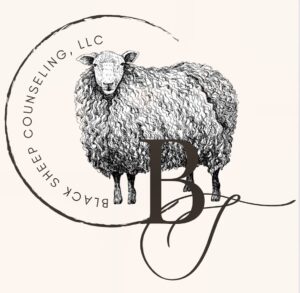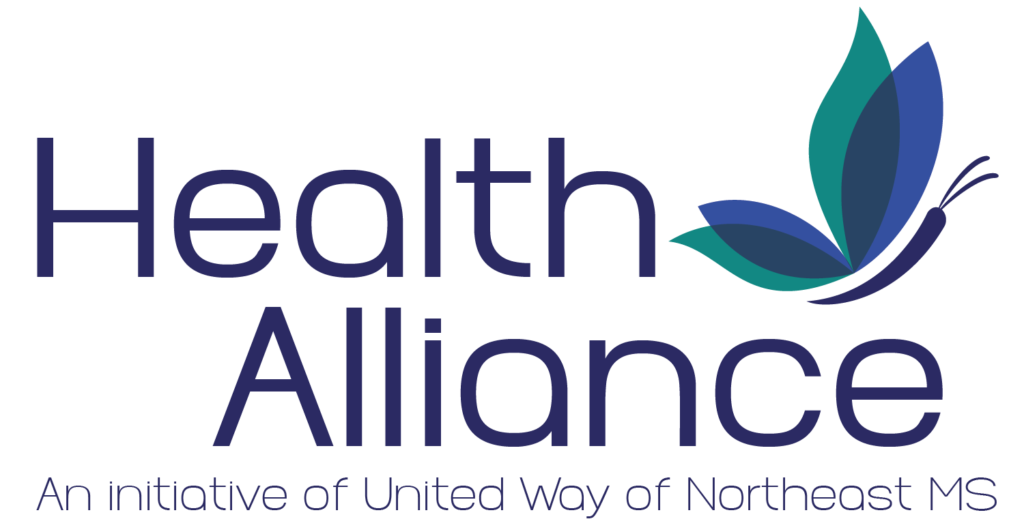 So you’re entertaining the idea of trying out this mysterious but seemingly popular process called “counseling,” but you’re reluctant and a bit nervous to do so? The jitters are understandable. The process of counseling is a vulnerable one, requiring that you build a relationship with someone new and trust them with your life’s story. See, wording it that way normalizes how brave of a decision it is to seek out a counselor and send that initial email. Remember that if this work was easy, everyone in your life would have done it by now. Notice their avoidance and denial? Exactly! Moving on. Further adding to your jitters are all the many misconceptions about mental health counseling and the people who engage with it. I will start by dispelling the biggest myth about counseling – no, counseling is not for “crazy” people. In fact, counselors do not believe “craziness” truly exists and neither does “normalcy.” Did I break your brain? I apologize. Let’s continue.
So you’re entertaining the idea of trying out this mysterious but seemingly popular process called “counseling,” but you’re reluctant and a bit nervous to do so? The jitters are understandable. The process of counseling is a vulnerable one, requiring that you build a relationship with someone new and trust them with your life’s story. See, wording it that way normalizes how brave of a decision it is to seek out a counselor and send that initial email. Remember that if this work was easy, everyone in your life would have done it by now. Notice their avoidance and denial? Exactly! Moving on. Further adding to your jitters are all the many misconceptions about mental health counseling and the people who engage with it. I will start by dispelling the biggest myth about counseling – no, counseling is not for “crazy” people. In fact, counselors do not believe “craziness” truly exists and neither does “normalcy.” Did I break your brain? I apologize. Let’s continue.
Can we all agree that life is sometimes confusing and emotionally-draining? Because we all experience life and the stressors which accompany it, we can all benefit from counseling. Counseling is not a process reserved only for those experiencing crises and catastrophe, so please don’t attempt to avoid getting the support you deserve by minimizing your pain through a comparison of your life to the lives of others. Your struggles are just as real as anyone else’s. Plus, it’s better to prevent crises from occurring rather than to rebuild their aftermath.
Counseling is healthcare. Counseling, to an outsider, may appear “woo-woo,” but it is a process that is both informed by and backed by decades of research. Counseling is applied psychology and sociology. Part of our job as counselors is to take rather boring research and transform its findings into understandable and applicable skills. Don’t be surprised when your counselor starts inquiring about your physical health, your career, your hobbies, and your relationships. We aim to address and improve your holistic wellness rather than just fixating on one aspect of you. Sure, we tend to focus on and target needs related to your emotional, cognitive/mental, and social wellness but we also recognize how unhealthiness in one area of life hinders growth in all areas. The medical community is finally recognizing the link between unresolved Posttraumatic Stress symptoms and physical ailments. As much as we would like to separate our brain from our heart, we cannot.
Counseling is confidential. Unlike your best friend or your spouse, I ethically and legally cannot gossip about you. I refer to myself as a “professional secret-keeper”. Counseling gives us the rare opportunity to be given more objective insight. I say “more” objective rather than entirely objective because counselors are people and people are always somewhat biased. However, unlike your personal supports, counselors aren’t characters in your story.
Counseling is one of the few remaining spaces in which you are allowed to be a unique person with aspirations, opinions, emotions, and questions. It may sound strange but many of us haven’t been allowed the space and freedom to be a person. For some, an initial meeting with a counselor is the first time someone has asked them: Who are you? What do you want out of life? What is meaningful to you? With that being said, counseling is far more conversational and egalitarian than Hollywood depicts. We are not advice-givers or all-knowing gurus. We aim to get you thinking and behaving differently. We aim to get you feeling your long-postponed feelings. Taboo is suspended within the counseling space. No topic is off-limits within counseling.
Counseling provides a space for honest reflection, practice, and feedback. The office is, essentially, a practice facility, in which life’s questions are explored, we practice vulnerability and assertiveness, and we prepare for future challenges. Counseling helps us to see the bigger picture and, hopefully, your space within it. A great counselor will notice and bring to your attention patterns of behaviors and common themes discussed in sessions so that you can leave each session better knowing and understanding yourself.

